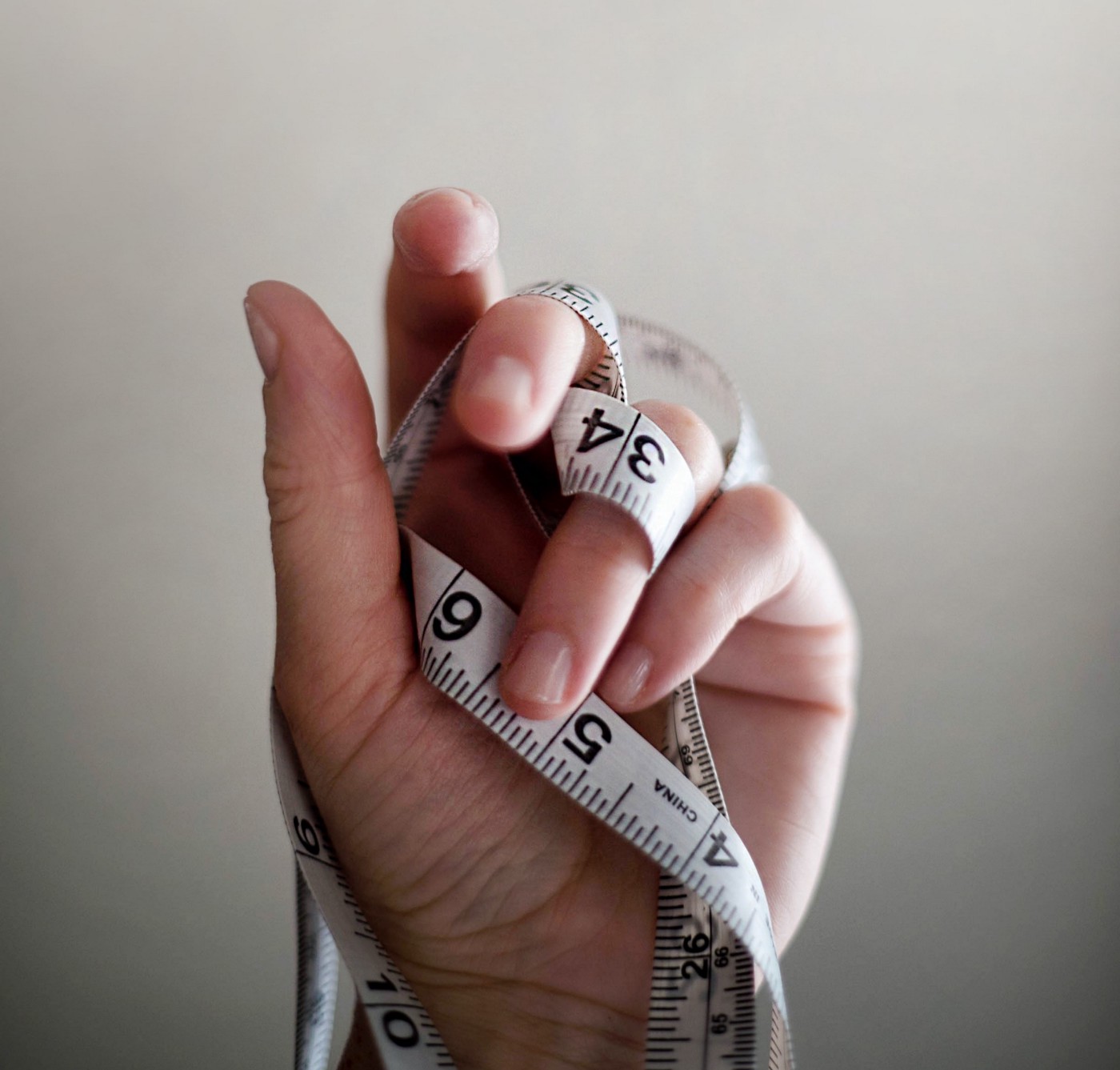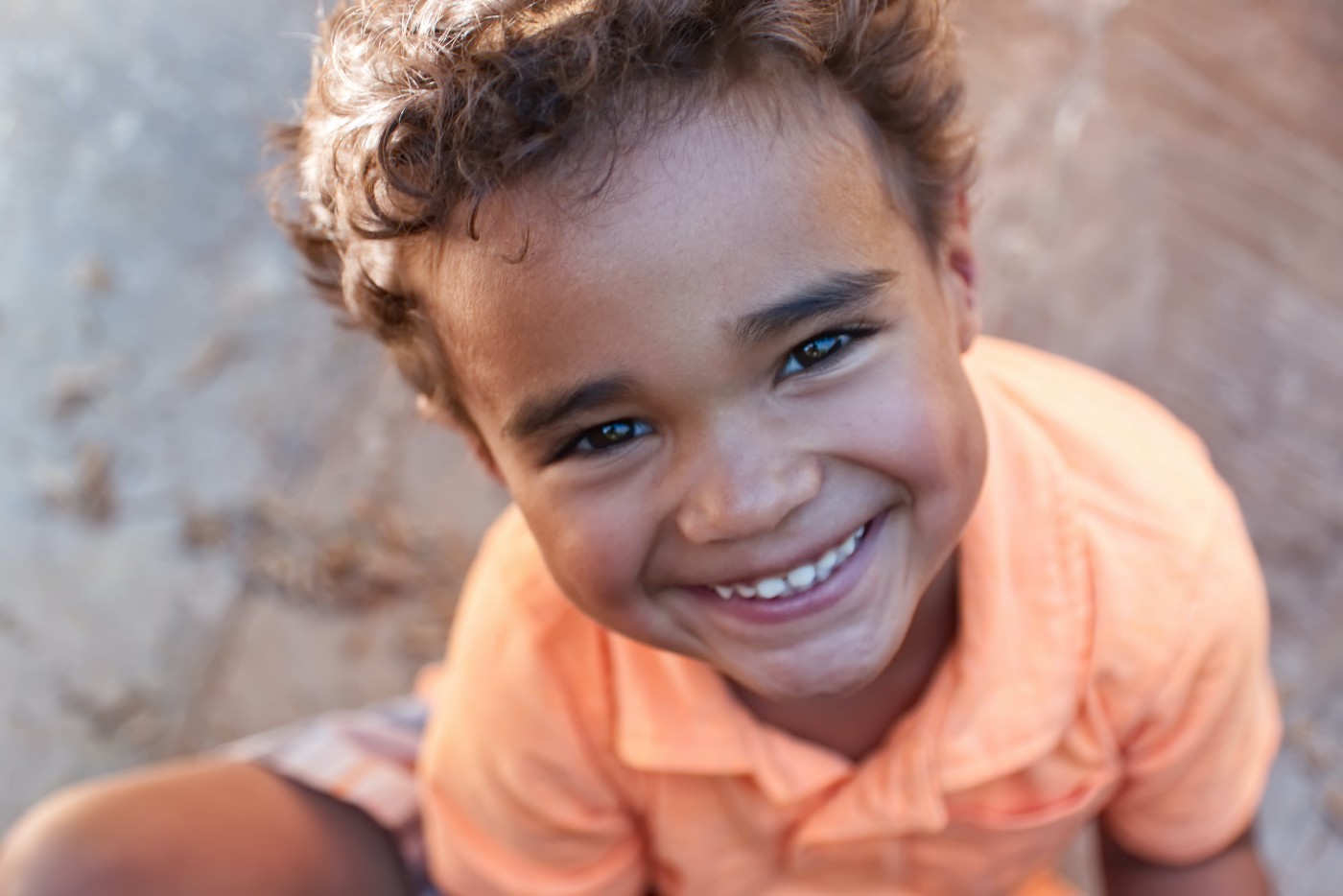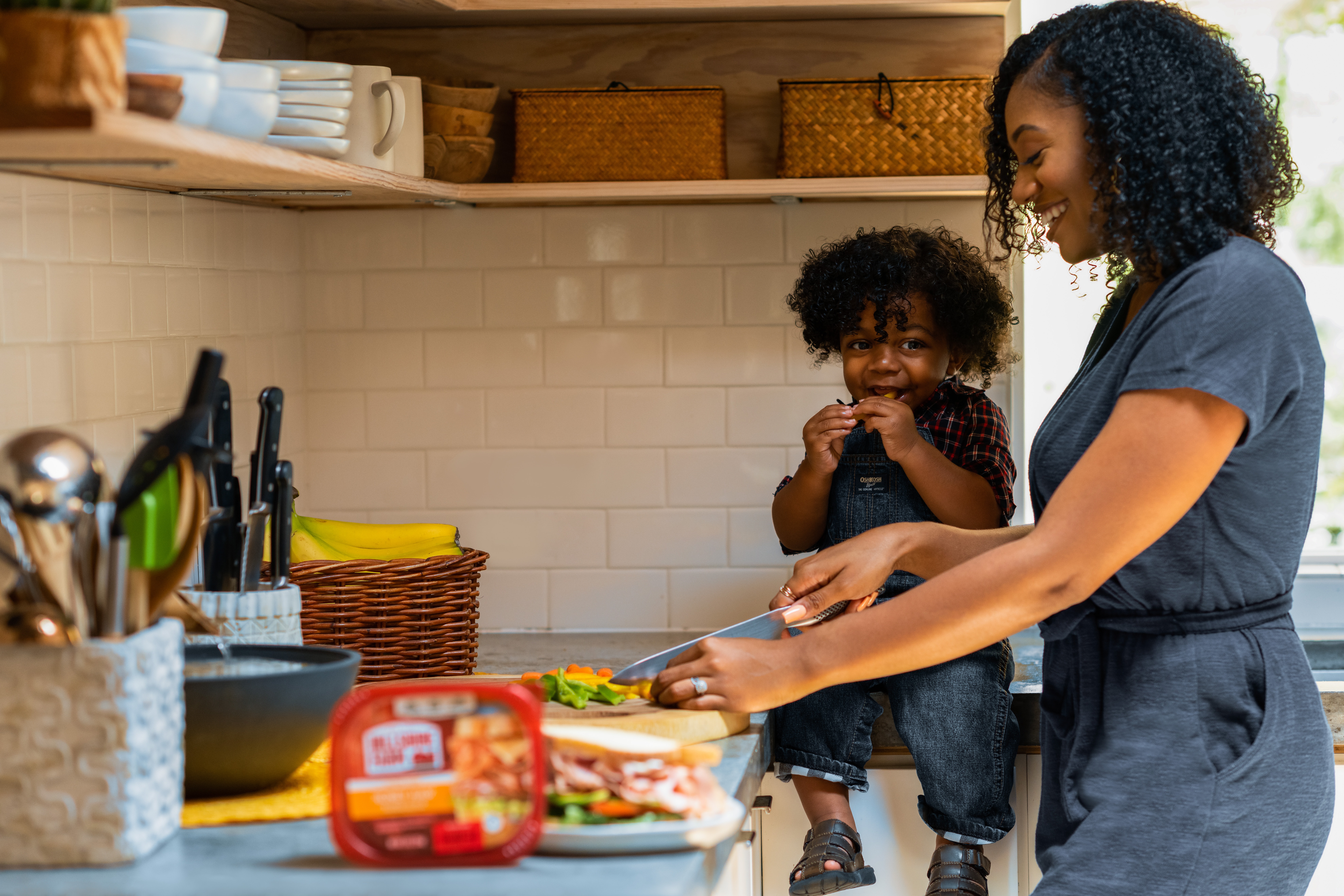4 Bad Habits Adults Have That Can Influence Our Kids’ Body Image

It’s a beautiful thing that we can pass down music, traditions, recipes, and stories to our kids. But, sometimes, the things we’ve learned, habits we’ve inherited and media influences that impacted us are not worth sharing with the next generation. Our childhoods shape us in many ways — positive and negative. For a lot of us, we picked up some really unhealthy habits when it comes to self love and body image. If you fall in this camp, keep reading.
It’s a tough pill to swallow, but sometimes our kids need us to reflect and make some changes before we can expect the same from them.
The ways we talk about ourselves and the ways we treat our own bodies as parents deeply influence our children's’ perspectives of themselves. Everyone is always writing about what to do — us included — but, today, we want to talk about what not to do because, in this case, unlearning old, unhealthy habits is equally important as building healthy new ones.
1. Don’t use negative self talk.
We don’t even realize we’re doing it half the time. We’ll stand in front of the mirror, turn side-to-side to check out our profile, then scoot close to the mirror and observe every half-inch of our face, all the while repeating mean things over-and-over in our heads.
So-and-so would look cuter in this. Can I pull this off?
Ugh- 2 more pounds and I would feel so awesome.
Why are my pores so big?
I wish I was [skinnier, more muscular, more toned, etc.].
I wish I had [a smaller nose, whiter teeth, lighter hair, etc.].
Your kids listen when you criticize yourself and are intuitive enough to know by your facial expression when you’re silently berating yourself in front of the mirror. Often, kids pick up on this behavior and analyze their own bodies through the same lens. So, get in the habit of noticing when you’re not being kind to yourself and focus on practicing positive self talk in front of your kids and alone.
2. Don’t comment on other peoples’ bodies.
Making negative comments about the appearance of other family members, friends, people you see in public, or celebrities sends a message about your values, and what you think about people based on how they look.
Yes- these comments aren’t directed at your child, but they still communicate a message about beauty ideals and body image that can have a long-lasting negative impact.
3. Don’t tie food and exercise habits to weight.
While some foods are undoubtedly more nutritious than others, categorizing foods as ‘good’ or ‘bad’ can cause kids to feel guilt or shame for eating ‘bad’ foods. Food doesn’t have a moral value, and we should think of food as fuel to get in the nutrients we need for our bodies to survive and do what we love.
Helping kids create healthy and positive associations with food and exercise means helping them find a variety of foods that they like and ways to stay active that they actually enjoy (pickup basketball or a family bike ride are just as valid as a 2-mile run).
Eating nutritious foods and staying active should be enjoyable and should not be linked to a goal of weight loss. Encouraging kids to eat healthy in order to stay thin (intentionally or unintentionally) can make them self-conscious about their weight and encourage disordered eating.
4. Don’t tell your child they’re “pretty”.
Okay- that was an attention grabber to help you remember this point: OBVIOUSLY telling your children they’re beautiful or handsome is not only okay, it’s encouraged. However, focusing your compliments only on your child’s appearance can send a message that the way they look is the most valuable thing about them.
So, instead of saying, “You looked great out there kiddo— prettiest cheerleader on the field!” try, “You looked like you were having so much fun cheering today! You nailed that back handspring! I’m proud of how much you’ve been practicing.”
A big part of helping kids build a healthy body image is about helping them appreciate what their body can do. Praising kids for more than their physical attributes helps them appreciate the way their body feels and moves- a foundational component of growing positive self esteem.
For more information on helping kids build a healthy body image, check out “How to Talk to Kids About Body Image” on the maro parents app.
Photo by: Jennifer Burk via Unsplash

